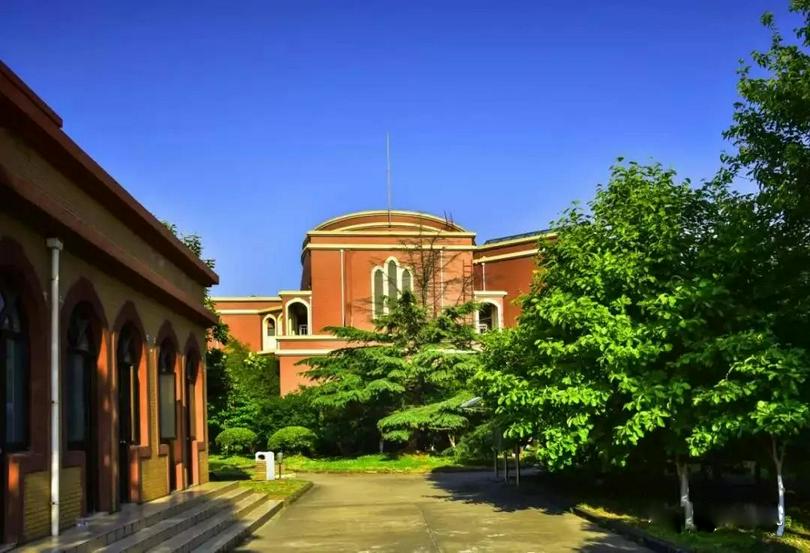Theological education is essential, as it directly relates to the cultivation of church talent. The theological talents nurtured by the Chinese church not only needs to have a solid foundation in theology, but must also be able to integrate with China's social and cultural realities, in order to shepherd the Lord's flock on Chinese soil.
Western seminaries are typically characterized by their strong specialization and academic rigor. The academic fields are finely divided, and most faculty members are experts or scholars in their specific areas. They can teach professional theological knowledge, guide students in writing excellent theological papers, and help students build a solid theological foundation. However, most of what is taught in Western classrooms is more focused on academics and consulting, making the study more of an accumulation of knowledge and information. This can lead to a disconnection between theological knowledge and spiritual life, as well as between theoretical study and pastoral practice.
Pastor Hu, from a city in Eastern China, has been practicing theological training for many years. He shared some of his and the staff workers' experiences in indigenizing theological education.
Apart From the Classroom, Faculty and Students Should Also Stay in the Church
Currently, Pastor Hu teaches students while also participating in church ministry. He said that, like him, other teachers at his seminary also take on pastoral roles in churches, with none of them confined solely to classroom teaching.
Hu does not want his students to become bookworms. According to him, students do not engage in ministry during their first semester. However, by the second semester, they begin serving in churches, taking part in preaching, evangelism, and youth ministry, gaining exposure to people and various aspects of church work.
Building Caring Relationships Between Teachers and Students
Pastor Hu places great emphasis on the interactive relationship between teachers and students. In his view, students come to study not just to gain some knowledge and wait for graduation to find a church position for survival. He hopes that every student will be seen, cared for, and loved. To achieve this, they have established teacher-student care groups, where each teacher is responsible for specific students. In daily life, teachers and students eat, wash dishes, put things in order, and do cleaning together. Students also share their growth reflections with their mentors.
Character and Spiritual Formation Are the Key
While theological knowledge is important, theological education is by no means just vocational or professional training for ministry. It can be seen as holistic development. As Pastor Hu said, “In other industries, people may not care much about the character of the professionals as long as their skills are excellent or service is satisfactory. For example, if a doctor is highly skilled but unfaithful to his wife, people would still seek him out because of his reputation. But for a pastor, this is absolutely unacceptable.”
Pastor Hu believes that a student should build a relationship with the Lord to gain spiritual growth and life transformation. In this regard, human efforts seem limited, and more of God's work is required. However, Pastor Hu and his team still focus heavily on students' spiritual formation. They have drawn lessons from the practices of traditional Chinese spiritual schools, requiring students to engage in morning and evening prayers and keep spiritual journals. This way, students spend more time drawing close to God, reading the Bible, and growing through prayer and meditation.
Embracing Open Theological Views and Reading Classical Chinese Literature
Pastor Hu shared some of his experiences attending seminary. He recalled, “In my seminary class, I was the youngest without special experience or remarkable achievements. Winning diverse awards, many of my classmates were very accomplished. At that time, students would argue over theological viewpoints, which continued until graduation, leaving a deep impression on me.” After many years of pastoral experience, Pastor Hu feels that it is not a problem to hold to the Reformed theology as a personal stance, but it is too narrow to teach only the Reformed theology in the class. Therefore, he suggests maintaining core essential doctrines while being more open to secondary issues, saying that holding an Evangelical stance may be more beneficial.
Additionally, Pastor Hu proposed an idea: that Chinese pastors should read more Chinese classical literature. In traditional theological education, seminary students usually only read the Bible and study theology or exegetical books, neglecting Chinese cultural studies. Combining traditional culture with theological education, pastors would better understand our cultural heritage and more effectively carry out the Great Commission.
Of course, Pastor Hu has faced many challenges in training students: these range from the minor issue of how teachers can compete with smartphones for students' attention to the larger question of how to better facilitate students' further education. However, regardless of these challenges, his exploration of indigenizing theological education is ongoing, and this is just a small part of a larger effort.
- Edited & translated by Abigail Wu












